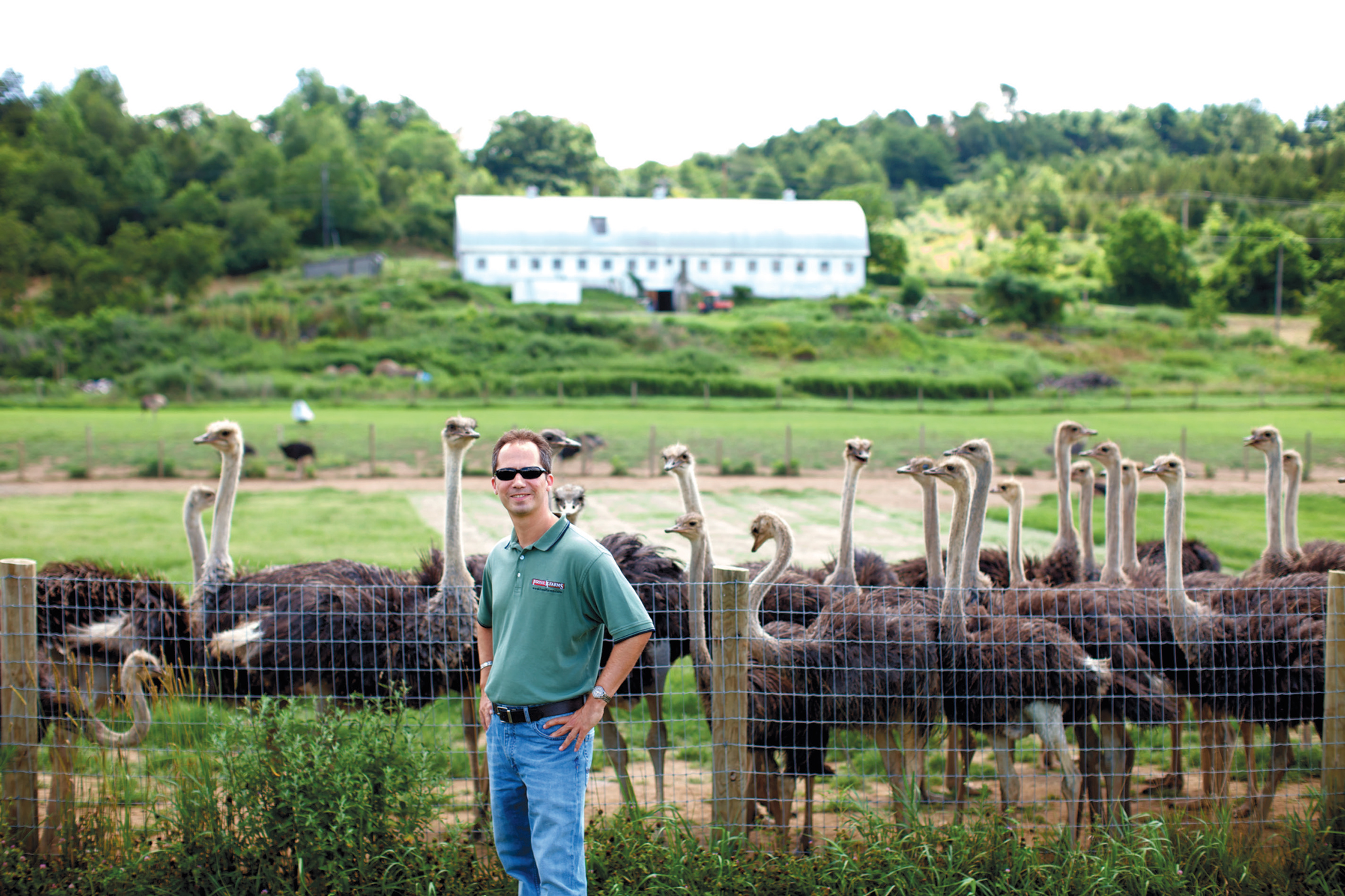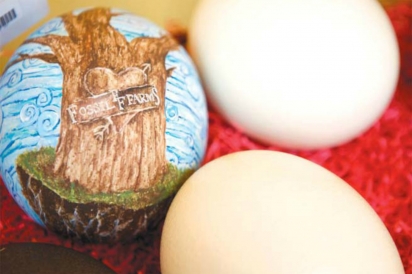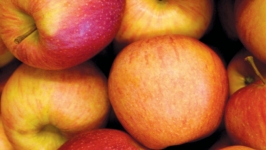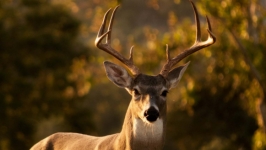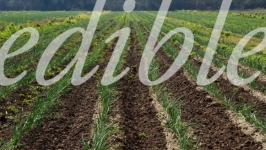Fossil Farms: Home to Exotic Meats
A Little Bit Unique
At age 20, Lance Appelbaum was faced with a question on the minds of many his age: "What do I want to do with my life?" His father had succeeded in the jewelry business for nearly 40 years, and he was certain that he, too, wanted to work for himself. Ultimately, young Appelbaum decided to employ his entrepreneurial spirit in a somewhat different industry. He opened his own ostrich farm.
It had been two years earlier, on a ski vacation with his brother, Todd, that Appelbaum was introduced to exotic game for the first time. "We were amazed by how many restaurants out West were serving a variety of different meats, from bison to venison to ostrich," he recalls. "It wasn't only how good it tasted [that impressed us], but how natural and organic the product was."
This trip set the wheels in motion, and the brothers began to learn everything they could about raising exotic animals using organic practices. "We quickly learned that if you let an animal do what they do, they naturally give us a good product – a healthy, happy animal is a tasty animal," says Appelbaum, now 37. "So we decided to start a business on the principle of being a little bit different, a little bit unique, a little bit diverse." In 1997, they began raising a few ostriches on a small farm in North Jersey.
That business, Fossil Farms, located in Boonton, is now one of the state's primary sources of exotic meats, all raised without the use of growth hormones or antibiotics. From their first office in their parents' basement, the Appelbaum brothers have grown their business into a 15,000-square-foot distribution center and retail store.
"At first, we couldn't afford rent or a mortgage, so our parents helped us get started," Appelbaum says. "It seemed fitting to name our company after my dad, whom we affectionately used to call 'the Fossil.'"
Since those early days, Fossil Farms' exotic-meat choices have expanded. While the ostrich, Berkshire pork, chickens and guinea hens are still Jersey grown (some by Todd, who owns a farm in Lafayette), the business relies on a network of farmers across the country to raise other meats that include alligator, antelope, buffalo, duck, elk, rabbit, squab, venison, wild boar, quail and pheasant.
When the Appelbaums first opened the business, they were met with resistance – meat distributors told them that the market was all about beef, pork, poultry and lamb, and their plans for exotic meats would never work. "I told them I had already invested my life savings into this business, so it better work," Appelbaum says.
By 1999, the brothers had gained a following of chefs ranging from local cooks to celebrity chefs working in New York City. "They started asking us to help them diversify their menus with meats like pheasant, quail, bison, and venison, and we thought we could probably expand our network of farms to help make that a possibility," Appelbaum says. "I believe that society does want options, and we went ahead and molded our business to match the natural curiosity of the customer."
But the brothers wouldn't work with just any farm: they had to be small, family-owned and passionate about upholding Fossil Farms' strict standards. "New Jersey is called the Garden State for a reason, and we decided that partnering with lots of farms right here would help bring agriculture back to the state," Appelbaum says. "Farmers are the only people I know who can work in physical labor for 14-, 16-, or 20-hour days, and at the end of the year hope to break even," he says. "These are the people who have a passion for what they do, and the kind of people we aimed to team up with."
Appelbaum personally visits every farm to inspect the environment in which the animals are raised – the feed must always hail from local sources, and the animals must be raised, fed and processed according to Fossil Farms' standards. "We're very hands-on, so we make sure that when we work with a farm, we know where their strengths lie and what they're passionate about," he says.
Fossil Farms now sells not only to chefs and restaurants, but also to supermarkets, at their own Boonton retail store, and on the Internet. Some of their customers include Escape in Montclair; Allendale Bar & Grill; Il Capriccio in Whippany; the Rattlesnake Ranch Cafe in Denville; The Frog and The Peach in New Brunswick; Harvest Bistro & Bar in Closter; Restaurant Serenade in Chatham; the Crystal Springs Golf Resort in Hamburg; and Fuddruckers, the national chain.
The business still devotes many hours and dollars to food shows, demonstrations and any other opportunity to help spread the word about exotic meats and how they're raised. But it's a little easier now. "In year one, we used to have to drag people to our booths at events," Appelbaum says. "By year four, our lines were four rows deep."
Appelbaum continues to look ahead when it comes to expanding his original vision for Fossil Farms. "It's what makes me a good entrepreneur," he says. His future plans include the launch of a new pet food line, and, of course, the addition of more exotic animals.


